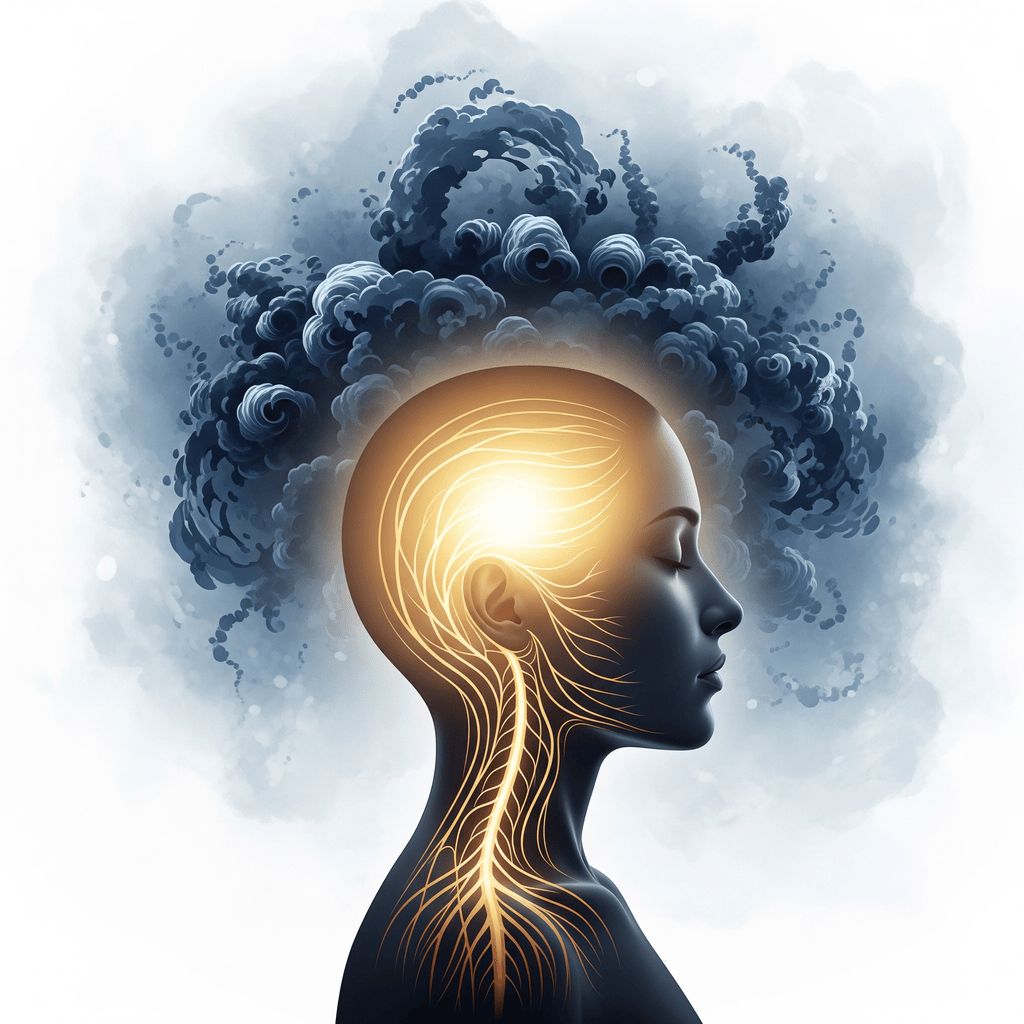Calmness as a Superpower: The Biological Link Between a Stable Mind and a Longer Life
In our modern culture, the pursuit of happiness has been elevated to an ultimate life goal. We chase fleeting moments of joy, believing they are the key to a life well-lived. But what if this relentless pursuit is not only exhausting but is actively working against our long-term health? As a longevity expert, I propose a radical shift in focus: instead of chasing the volatile highs of happiness, we should cultivate the profound and stable state of inner calm. This isn’t just philosophy; it’s cutting-edge science.
The Hedonic Treadmill: Why Chasing Happiness Ages Us
The feeling of happiness is often tied to external achievements or stimuli—a promotion, a new purchase, a compliment. This triggers a short-term dopamine rush. The problem? Our brains quickly adapt, requiring a bigger and bigger stimulus to achieve the same feeling. This is known as the “hedonic treadmill.” This constant cycle of craving, achievement, and adaptation creates a baseline of low-grade stress. Biologically, this translates into elevated levels of cortisol, the primary stress hormone. Chronic exposure to cortisol is devastating for longevity: it promotes inflammation, disrupts metabolic function, accelerates cellular aging, and even shrinks key areas of the brain. In essence, by constantly chasing the next “peak,” we are eroding our own foundation.
The Biology of Calm: Your Inner Fountain of Youth
Inner calm, or equanimity, is a vastly different neurological and physiological state. It’s not a fleeting emotion but a trainable skill of maintaining mental and emotional stability, regardless of external chaos. Here’s what happens inside your body when you cultivate this “superpower”:
- A Balanced Nervous System: Calmness signifies a dominant parasympathetic nervous system—the “rest, digest, and repair” mode. This state is characterized by high Heart Rate Variability (HRV), which is one of the most powerful biomarkers for resilience, health, and longevity. High HRV indicates that your body is highly adaptable and can efficiently recover from stress.
- Reduced Inflammation: Chronic stress is a primary driver of systemic inflammation, which is a root cause of nearly every age-related disease, from heart disease to dementia. A calm mind downregulates the production of inflammatory cytokines, effectively extinguishing the internal fire that accelerates aging.
- Preservation of Telomeres: Telomeres are the protective caps at the ends of our chromosomes, and their shortening is a hallmark of biological aging. Groundbreaking research by Nobel laureate Elizabeth Blackburn has shown a direct link between chronic psychological stress and accelerated telomere shortening. Cultivating a calm, resilient mind is one of the most effective ways to protect your telomeres, and thus, your genetic blueprint for a long life.
From Philosophy to Physiology: A New Paradigm for Longevity
The wisdom to prioritize inner peace over fleeting happiness has been echoed for centuries in various philosophical traditions. Today, we have the scientific tools to validate this ancient knowledge. We can now see, in our blood, in our heart rhythms, and in our very DNA, the profound, life-extending impact of a calm mind.
True longevity is not about avoiding hardship; it is about building an internal state of resilience that allows you to navigate life’s storms without being broken by them. It is about understanding that the most powerful tool for a longer, healthier life is not found in a pill or a diet, but in the quiet, stable sanctuary of your own mind.







